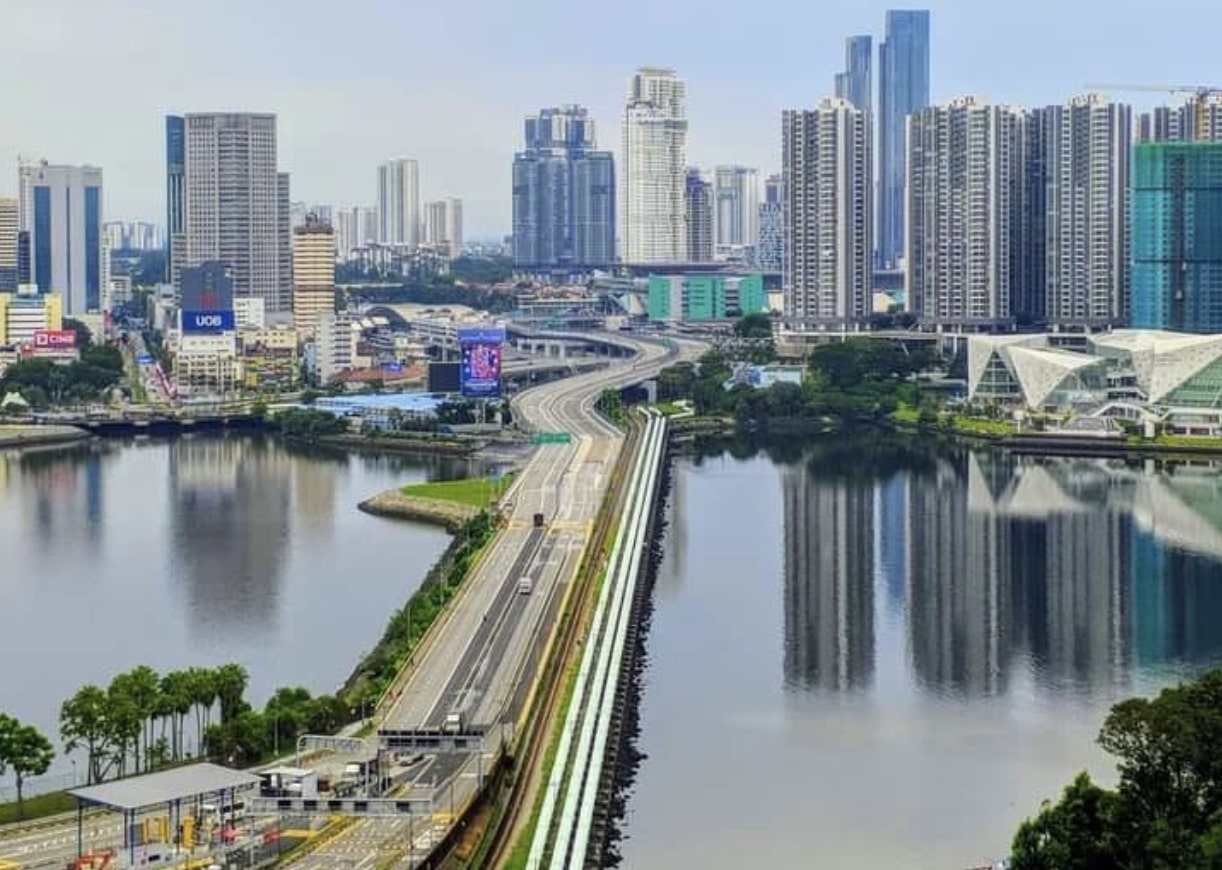MALAYSIA: The Johor-Singapore Special Economic Zone (JSSEZ) and a surge in data centre developments are set to be major drivers in Johor’s real estate sector in the second half of 2024 (2H 2024). News Straits Times reported that Maybank Investment Bank (Maybank IB) expects the JSSEZ to boost the demand for residential, commercial, and industrial properties as the population continues to grow and will need more housing.
The bank noted that the JSSEZ is likely to cover the entire Iskandar Malaysia (IM) region, rather than being confined to a single area. This would include key locations such as Johor Bahru, Kulai (including Sedenak), Iskandar Puteri, Pasir Gudang, Pengerang, and Pontian. This broad coverage might spread the benefits across various regions, promoting balanced growth rather than concentrating the advantages in one area.
The agreement for the JSSEZ is expected to be signed in September, with investment and tax incentives to be announced in Budget 2025. According to Maybank IB, unlisted government-owned developers and listed plantation groups like Johor Land Berhad (JLand) and Iskandar Investment Bhd (IIB) are the biggest beneficiaries of the JSSEZ.
JLand, the property division of Johor Corporation, is part of Johor state’s principal development institution. One of its flagship projects is the 7,290-acre Ibrahim Technopolis (IBTEC) in Sedenak, which will eventually include residential and commercial properties alongside industrial developments. Another notable project by JLand is the 180-acre Arena Larkin urban regeneration project.
IIB, backed by Khazanah Nasional Bhd, the Employees Provident Fund, and Kumpulan Prasarana Rakyat Johor, owns 5,000 to 6,000 acres of land in Iskandar Puteri. Maybank IB mentioned that IIB plans to launch its first residential project, WAWARI, by the fourth quarter of 2024. This project will feature 248 units of townhouses, commercial hubs, and apartments.
Historically, both IIB and Johor Corporation (through JLand) have focused on land sales. However, with the positive outlook due to the JSSEZ, the Johor-Singapore Rapid Transit System (RTS), and the Autonomous Rapid Transit (ART) system, “we expect them to be more involved in property development going forward (instead of outright land sale),” the bank said.
Listed plantation groups with sizeable landbanks in IM, such as SD Guthrie (SDG), Johor Plantations, KL Kepong (KLK), and Genting Plantations (GenP), are also anticipated to benefit from the JSSEZ. The increased demand for development land from developers and data centre operators will likely raise land values. These groups are the largest landowners in the Kulai district.
SDG recently showed interest in developing green industrial parks, potentially with joint venture partners, but is also open to selling parts of its landbank at the right price.
However, Maybank IB noted that the booming property market in Johor, particularly for industrial properties, might pose challenges for smaller developers like AME Elite. The influx of new developers in the industrial segment makes it more competitive for AME to secure prime land and attract buyers or tenants. /TISG

